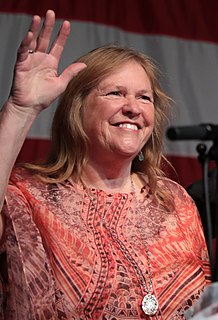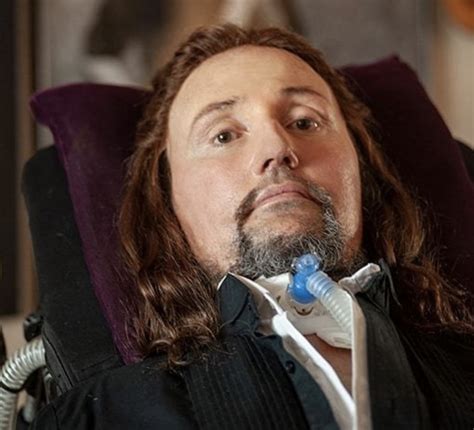A Quote by Donald Berwick
It boggles my mind that the same people who cry ‘foul’ about rationing an instant later argue to reduce health care benefits for the needy, to defund crucial programs of care and prevention, and to shift thousands of dollars of annual costs to people – elders, the poor, the disabled – who are least able to bear them.
Related Quotes
It boggles my mind that the same people who cry 'foul' about rationing an instant later argue to reduce health care benefits for the needy, to defund crucial programs of care and prevention, and to shift thousands of dollars of annual costs to people - elders, the poor, the disabled - who are least able to bear them.
My biggest challenge is to educate the American people, to make access to health care available for all, and to make sure that prevention plays a big part in health care. In the case of guns, prevention means we prevent homicides and devastating, expensive gun injuries by preventing those who shouldn't have guns from getting their hands on guns.
When President Trump promised we would get better, cheaper health care that would fix the problems of the Affordable Care Act, I hoped it was true. Unfortunately, the American Healthcare Act promises giant cuts to the programs that I and every other poor, sick and disabled person have relied on for our lives.
One of the things we need to do is address mental health care as an integral part of primary care. People often aren't able to navigate a separate system, so you see successful models where a primary care physician is able to identify, diagnose, and concurrently help people get mental health treatment who have mental health issues.
We are unique among advanced countries that we don't have universal health care. My hope was that I was able to get a hundred percent of people health care while I was president. We didn't quite achieve that, but we were able to get 20 million people health care who didn't have it before. And obviously some of the progress we made is now imperiled because there's still a significant debate taking place in the United States. For those 20 million people, their lives have been better.



































